The price of oil is declining, contrary to the stability of the prices once previously thought immovable. However cheaper is not always better, and in the case of oil world economies depend on it. Here is a look at what is going on.
The world's first oil well in Poland (Source: AFP News Agency via YouTube)
Black crude oil bubbles up from what is billed as the world's oldest oil well, but this is not Texas or Saudi Arabia. This is the sleepy village of Bobrka in southern Poland which lays claim to the planet's first oil well and rig, one that is still pumping up enough black gold to be profitable.
Thanks to him, "Bobrka became the birthplace of the world's oil industry", says Barbara Olejarz, who runs a local museum devoted to the origins of the sector and whose last name by coincidence means "oilman" in Polish. "It all began there,"
She tells AFP while pointing a finger at an obelisk built by Lukasiewicz and his circle to mark the launch of the oil field in 1854 and the founding of the world's first oil company.
The price of has fallen by more than 40% since June 2014, when it was AED 425.09 a barrel. It is now below AED 258.75 .This comes after nearly five years of stability. At a meeting in Vienna on November 27th, 2014, the Organization of Petroleum Exporting Countries (OPEC), which controls nearly 40% of the world market, failed to reach agreement on production curbs, sending the price tumbling even further. Also hard hit are oil-exporting countries such as Russia, Nigeria, Iran and Venezuela.
“We expected Saudi Arabia to cut (prices), frankly. Once Saudi Arabia didn’t cut production, it became clear to us there was a problem. Both supply and demand were heading in opposite directions more drastically than I expected. The underlying demand got a lot weaker, Libya came back, Iraqi volumes have been pretty good,” he explained.
(Source: Unknown)
King Salman, Saudi Arabia’s new ruler, will keep Oil Minister Ali Al-Naimi in his post, bolstering expectations that he will continue the policy of maintaining crude output to preserve market share even as prices have plunged. King Salman, issued a royal decree to retain current ministers, according to the official Saudi Press Agency. He led OPEC’s Nov. 27 decision to maintain its crude production even as shale supplies spurred U.S. output to the highest in three decades. King Salman also reiterated on Saudi national television that he will maintain the policies of his predecessor.
In his previous capacity as crown prince, King Salman read a speech on behalf of the late monarch on Jan. 6 that confirmed the continuity of the country’s oil policy in the face of market “tensions” caused by slow growth in the global economy.
“These tensions aren’t new to the oil market, and we’ve dealt with them in the past with a solid will, with wisdom and experience, and we will deal with the current developments in the oil markets in the same way,” he said.
In theory, Saudi oil decisions are made by a Supreme Petroleum Council headed by the king and made up of senior members of the royal family, ministers and industry leaders.
In practice, decisions seem to have been left in Naimi’s hands, said Simon Henderson in an October research note for the Washington Institute. “Although he is in his late seventies and said to be looking forward to retirement, Naimi retains a firm grip,” Henderson said.
Saudi crude production averaged about 9.7 million barrels a day last year, according to data compiled by Bloomberg. The kingdom, with a population of 29 million, has AED 2,721.41 billion in reserve assets, or 6 percent of the world’s total, data compiled by Bloomberg show. The government forecast its budget deficit for this year will widen to 145 billion riyals (AED 144.16 billion) from 54 billion riyals in 2014.
The New Saudi King Salman bin Abdulaziz al-Saud, File Photo 2014 (Source: Saudi Media)
The country will plug the deficit by borrowing and drawing on its financial reserves and will continue to spend on major projects including railroads, electricity, desalination and universities, the official Saudi Press Agency reported Dec. 25, 2014, citing Economy Minister Mohammad Al-Jasser. The 2015 budget forecast revenue falling to 715 billion riyals from 1.046 trillion riyals in 2014, assuming an oil price of AED 295.71 a barrel, John Sfakianakis, who served as an adviser to the Saudi finance ministry, said Dec. 26, 2014.
“Major policies are not going to be changed without a clear steer from the throne, but beyond the rumors that often circulate there is no evidence to suggest those decisions cannot be made,” Richard Mallinson, a London-based geopolitical analyst with Energy Aspects, said by e-mail to Bloomberg.
Other factors that affect supply include weather (which prevents tankers loading) and by geopolitical upsets. If producers think the price is staying high, they invest, which after a lag boosts supply. Similarly, low prices lead to an investment drought. OPEC’s decisions shape expectations: if it curbs supply sharply, it can send prices spiking. Saudi Arabia produces nearly 10m barrels a day—a third of the OPEC total, this along ensure that oil prices would soon stabilize if other producers cull supply which would reinforce OPEC pricing schemes.





